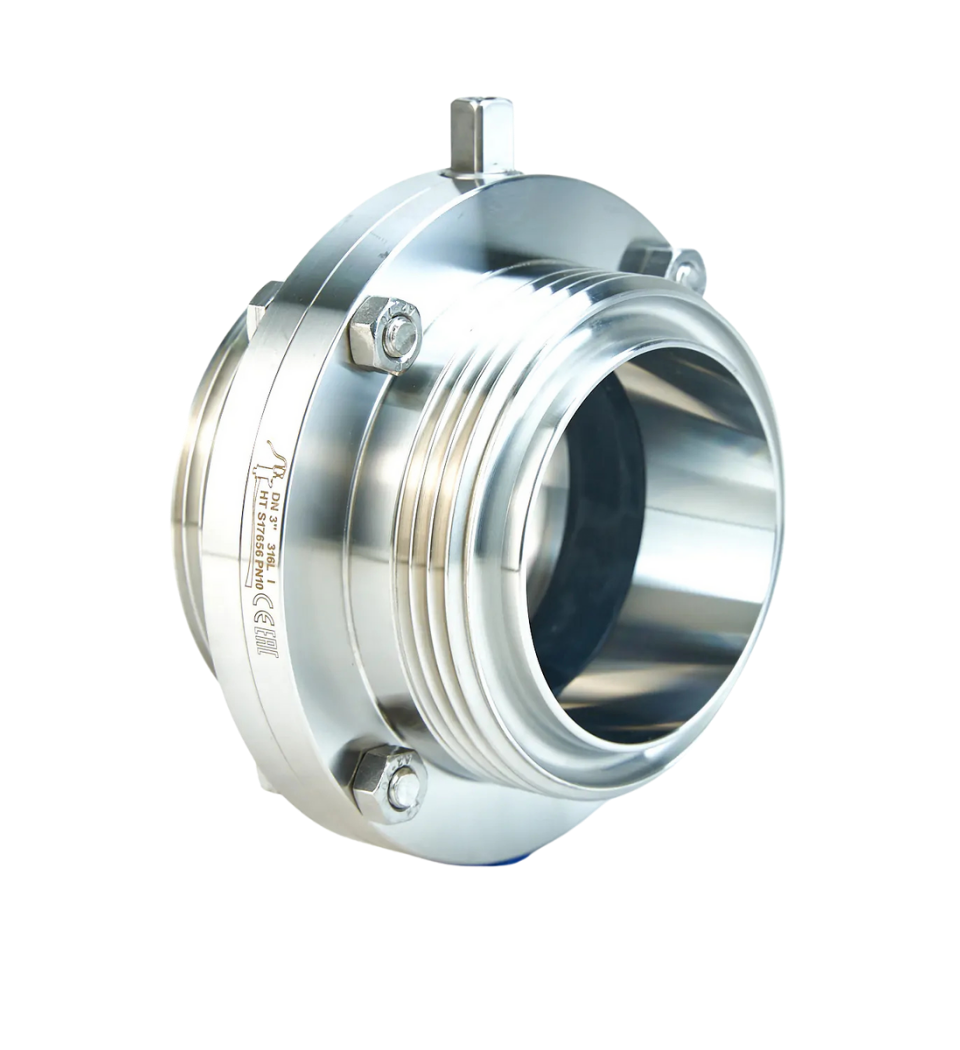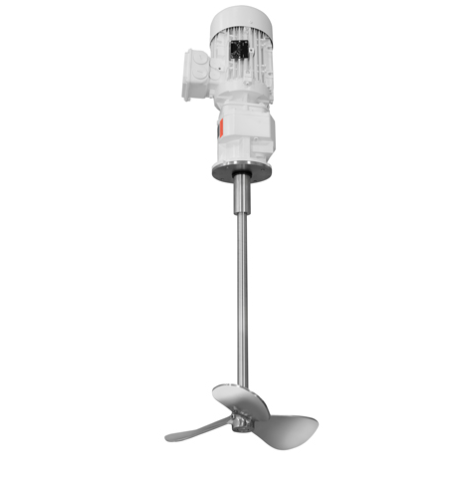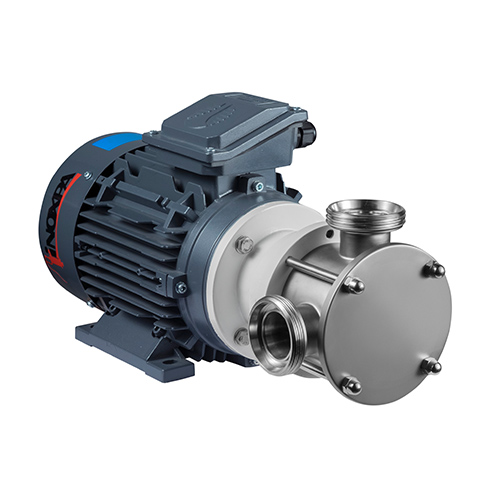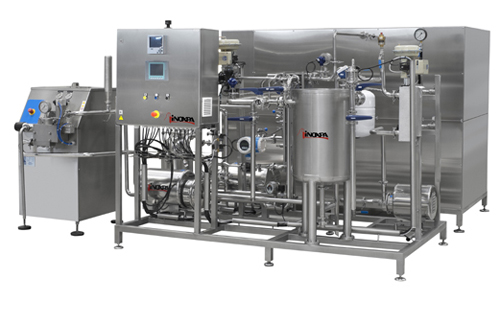
Maintaining Hygienic Processes in the Food and Beverage Production Industry
Maintaining hygienic processes is crucial in the food and beverage industry to ensure product safety, regulatory compliance, and operational efficiency. Effective hygiene practices minimise contamination risks, reduce product waste, and protect consumer health. From dairy and brewing to soft drinks and processed foods, implementing proper hygienic processes is a core part of modern production operations.
Understanding Hygienic Processes in Food Production
Hygienic processes involve the use of equipment, valves, and cleaning systems designed to prevent microbial contamination. These processes ensure that production lines maintain consistent quality while adhering to stringent UK and European hygiene standards. Properly designed hygienic valves and equipment reduce dead zones where residue can accumulate, making cleaning faster and more effective.
For more information on the types of valves suitable for hygienic applications, check out our hygienic valves range.
The Role of Clean-in-Place (CIP) Systems
Clean-in-Place (CIP) systems are central to effective hygienic processes. CIP allows tanks, pipes, and valves to be cleaned and sanitized without disassembly, saving time and reducing human error. Incorporating CIP-compatible valves ensures full drainage, minimal hold-up volumes, and compliance with food safety standards.
Explore our CIP systems and accessories to support efficient hygienic processes in your facility.
Importance of Hygienic Valves in Food Processing
Hygienic valves are critical components in maintaining hygienic processes. Stainless steel designs with smooth surfaces and full drainability prevent residue build-up. For example:
-
Double-seat mix-proof valves separate process fluids from cleaning fluids, protecting product integrity.
-
Butterfly and diaphragm valves provide reliable flow control in dairy, brewing, and beverage processes.
Our hygienic valve solutions are engineered to optimise cleaning cycles, reduce water usage, and ensure compliance with hygiene regulations.
Best Practices for Maintaining Hygiene Standards
Implementing robust hygienic processes involves more than equipment selection:
-
Regular Maintenance – Inspect valves and fittings to prevent leaks or contamination.
-
Material Selection – Use corrosion-resistant stainless steel for long-lasting hygiene compliance.
-
Training & SOPs – Ensure operators follow cleaning and maintenance protocols.
-
Automation Integration – Automated valve actuation reduces human contact and improves consistency.
Learn more about our automation solutions for hygienic processes to streamline your operations.
BM Engineering Solutions for Hygienic Processes
At BM Engineering, we provide a wide range of products designed for effective hygienic processes, including valves, pumps, and cleaning systems. Our expert team can advise on system design, compliance, and maintenance best practices to keep your production lines safe, efficient, and fully compliant.
🛒 Browse our hygienic valves and process equipment
📞 Contact us for expert advice on hygienic processes
Stay Connected
🔗 Follow BM Engineering on LinkedIn
▶️ Watch product videos on YouTube



